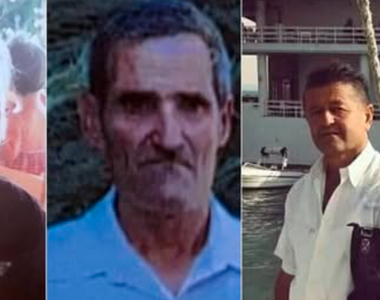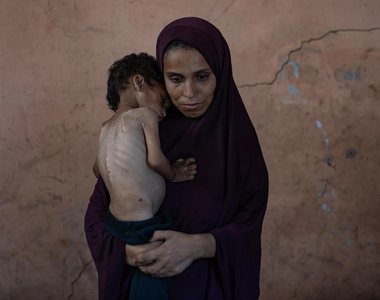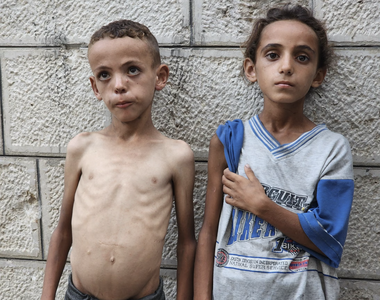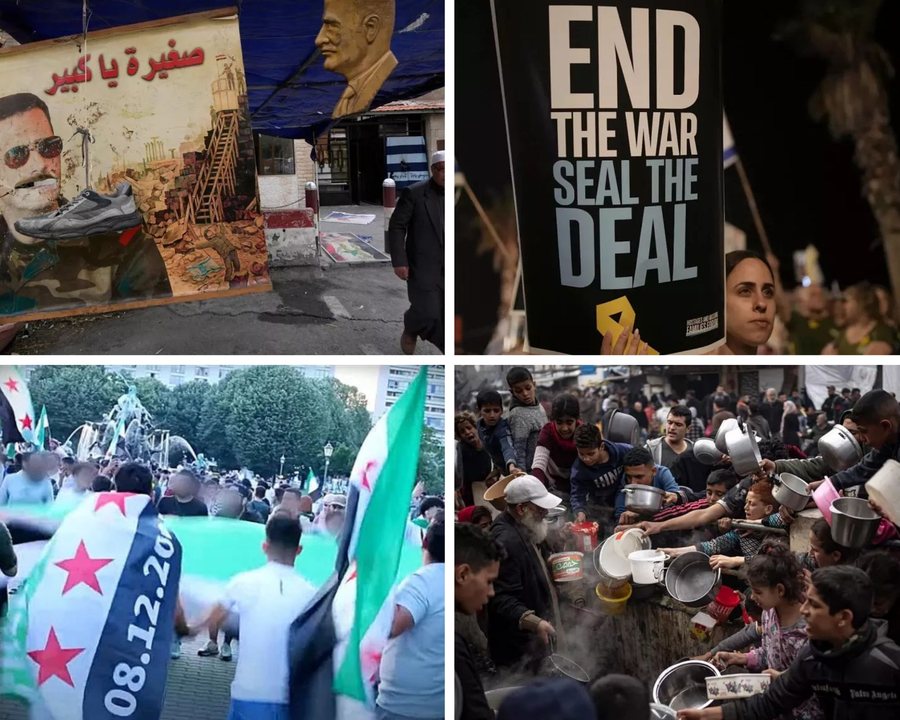
France, Germany and Britain call for unlimited aid for Gaza and immediate ceasefire
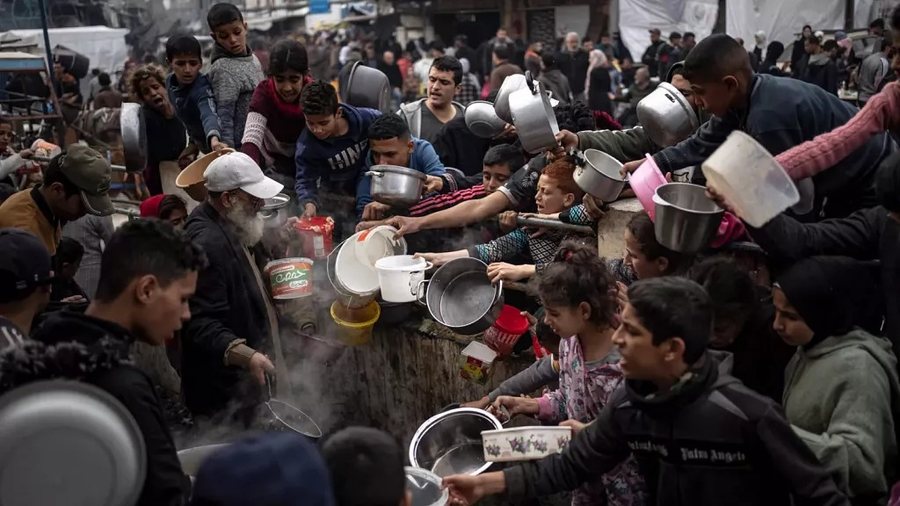
The leaders of France, Germany and the United Kingdom urged Israel to allow unrestricted aid into the Gaza Strip, describing the situation there as a "humanitarian catastrophe." The statement comes a day after French President Emmanuel Macron announced that France would become the first Western power to officially recognize a Palestinian state.
In a joint statement following a phone call between Macron, German Chancellor Friedrich Merz and British Prime Minister Keir Starmer, the three leaders called for an immediate ceasefire and stressed that "blocking essential aid to the civilian population is unacceptable." However, the statement did not bring any new developments on the diplomatic front.
They added that they are "ready to take further steps to support an immediate ceasefire and a political process that brings security and lasting peace to Israelis, Palestinians and the entire region," without specifying what concrete steps might be taken.
Netanyahu signals new alternatives tired of ceasefire talks
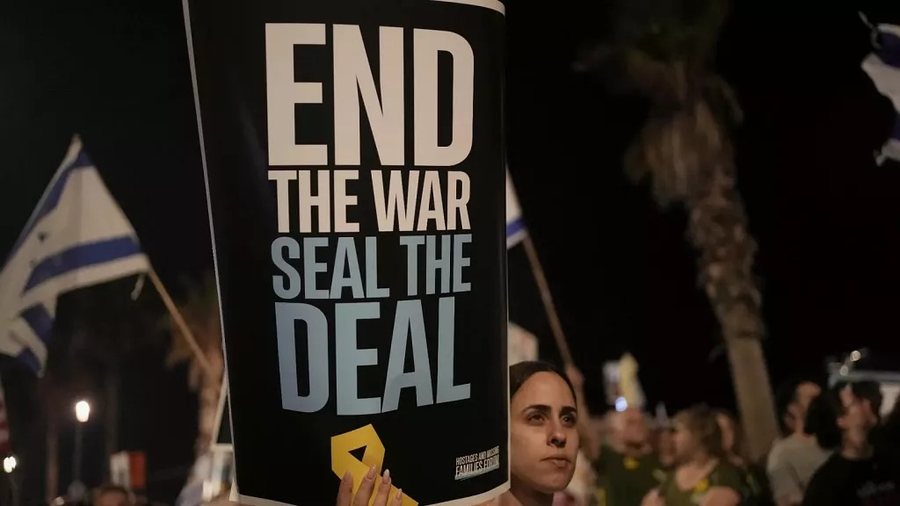
Israeli Prime Minister Benjamin Netanyahu said on Friday that his government was considering "alternative options" in the face of the stalemate in ceasefire talks with Hamas, after Israel and the US withdrew negotiating teams from Qatar, increasing uncertainty about the future of the negotiations.
Netanyahu's statement came at the same time that a Hamas official said talks were expected to resume next week, describing the withdrawal of the Israeli and American teams as a pressure tactic.
Negotiating teams left Doha on Thursday, with US special envoy Steve Witkoff saying Hamas's latest response showed a "lack of will" to reach a ceasefire deal. Witkoff added that the United States was considering "alternative options," without giving further details.
Protests in Germany spark debate on radical Islamism

Violent clashes during protests in Berlin and Düsseldorf between supporters of the new regime in Syria and pro-Kurdish demonstrators have sparked debates in Germany about the danger of radical Islamism in the country.
During last weekend's protests, some participants celebrated attacks on Syria's Druze minority by Bedouin militias, which left hundreds dead and threatened the country's fragile post-war stability.
Around 400 people took part in the protests in Berlin, while 500 protesters gathered in Düsseldorf, where the rally ended in violence and several police officers were injured.
France's Supreme Court partially upholds Assad's immunity, but paves the way for war crimes charges
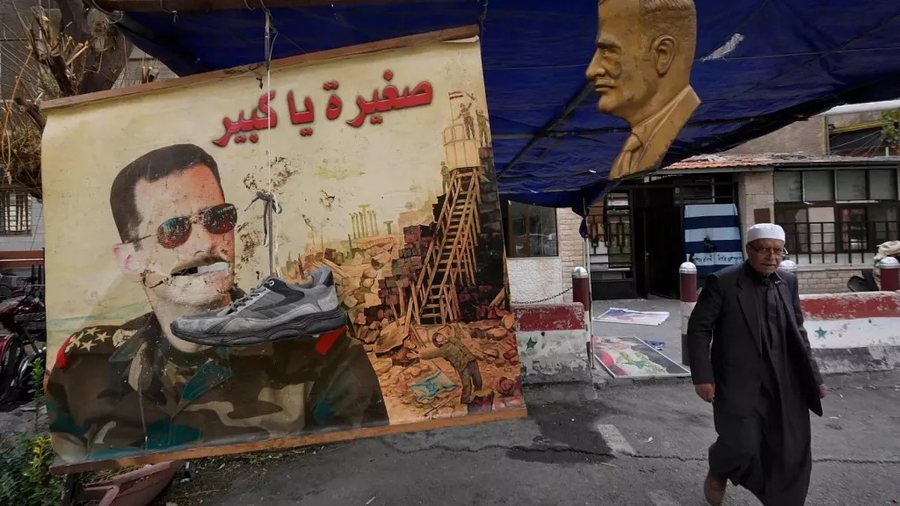
France's Supreme Court decided on Friday to partially preserve former Syrian President Bashar al-Assad's personal immunity as a former head of state, but also paved the way for the issuance of possible arrest warrants for war crimes in the future.
The Cour de Cassation recognized that Assad still has immunity as a former head of state, but added that, since he is no longer in office, “new arrest warrants may have been issued or may be issued for acts constituting war crimes or crimes against humanity.”
The ruling is a blow to human rights activists and lawyers, who had hoped the court would strip Assad of his immunity, setting an important precedent for the prosecution of other leaders accused of atrocities.
